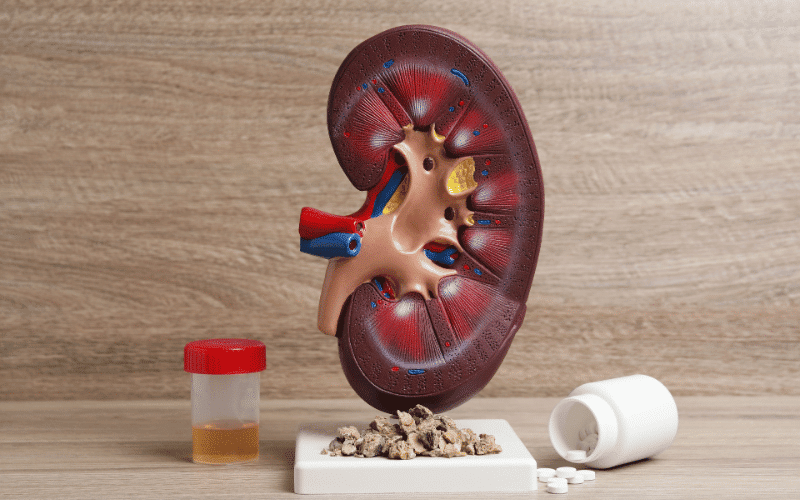Cause 6. Chronic Kidney Disease: An Overlooked Contributor to Severe Anemia

Chronic kidney disease (CKD) is a progressive loss of kidney function over time. It can have a significant impact on the production of red blood cells, leading to severe anemia. The kidneys are responsible for producing erythropoietin (EPO), a hormone that stimulates red blood cell production in the bone marrow. When kidney function declines, EPO production is reduced. This results in a decreased production of red blood cells and the development of anemia.
CKD-related anemia can have various symptoms, such as fatigue, weakness, shortness of breath, and pale skin. It can also exacerbate other complications of CKD, including cardiovascular disease, cognitive decline, and reduced quality of life. Furthermore, people with CKD and anemia may experience a diminished ability to exercise, decreased work capacity, and a higher risk of hospitalization and mortality.
Treatment for anemia in CKD patients may include the administration of erythropoiesis-stimulating agents (ESAs), iron supplementation, or blood transfusions. In some instances, addressing the underlying cause of CKD and managing kidney function can also help alleviate anemia. Additionally, monitoring and treating any complications that may arise due to anemia, such as heart disease or cognitive decline. It can contribute to improving the overall health and well-being of CKD patients. (6)